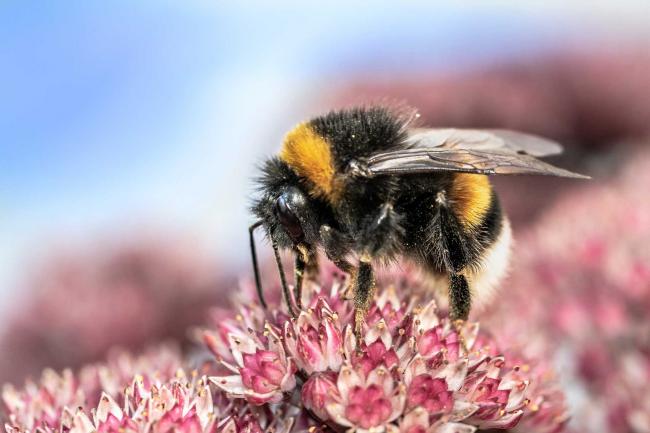As a member of the European Union, the UK has been subject to legislation that prevents the cultivation of gene edited crops.
There are a number of EU directives and regulations that seek to prevent genetically modified organisms from being grown within the EU and used in food production, which means the EU misses out on a global market worth over 17 billion dollars (value of biotech crop seeds, ISAAA Brief 2017).
The inclusion of gene edited organisms in the remit of this legal framework has been a point of contention for many years.
In 2018 the European Court of Justice pronounced that new precision breeding techniques, such as genome editing, do indeed constitute genetic modification in the legal sense of the term. Therefore, they are subject to the same legal restrictions as genetically modified organisms.
The Court ruling surprisingly went against the advice of the Court’s own Advocate General and prompted the World Trade Organisation to publish a statement condemning the ruling.
The statement cautioned against regulatory asymmetries, which can cause potential trade disruption, and advocated that global environmental challenges, pest and disease pressures, food insecurity and changes in consumer preferences (among other factors) have made the use and fostering of tools such as precision biotechnology vital for increasing the production of safe food.
Countries that promoted the WTO statement included Australia, Brazil, Canada,, the United States, Colombia and Argentina. With its departure from the European Union, the UK is no longer subject to the EU’s legal restrictions on gene editing, but it will have to form new trade agreements to sell its agricultural products on the global market.
During the passage of the Agriculture Bill in Parliament earlier this year, a widely-supported amendment was debated that would have allowed scientists, farmers and breeders access to novel gene editing technologies. The amendment would have brought England in line with the approach taken by most other countries outside the EU that have developed regulatory arrangements in this area, many of which are compatible with the internationally recognised Cartagena Protocol.
The amendment was well-received by Ministers but, rather than accepting it, the Government pledged to conduct a public consultation on the issue, with indications that new enabling regulations could be introduced within the next couple of years.










